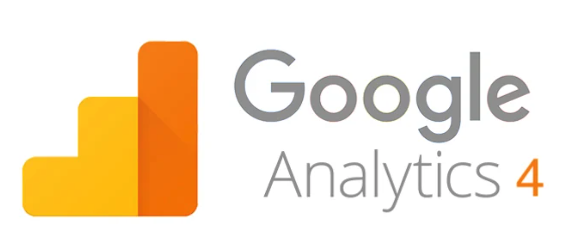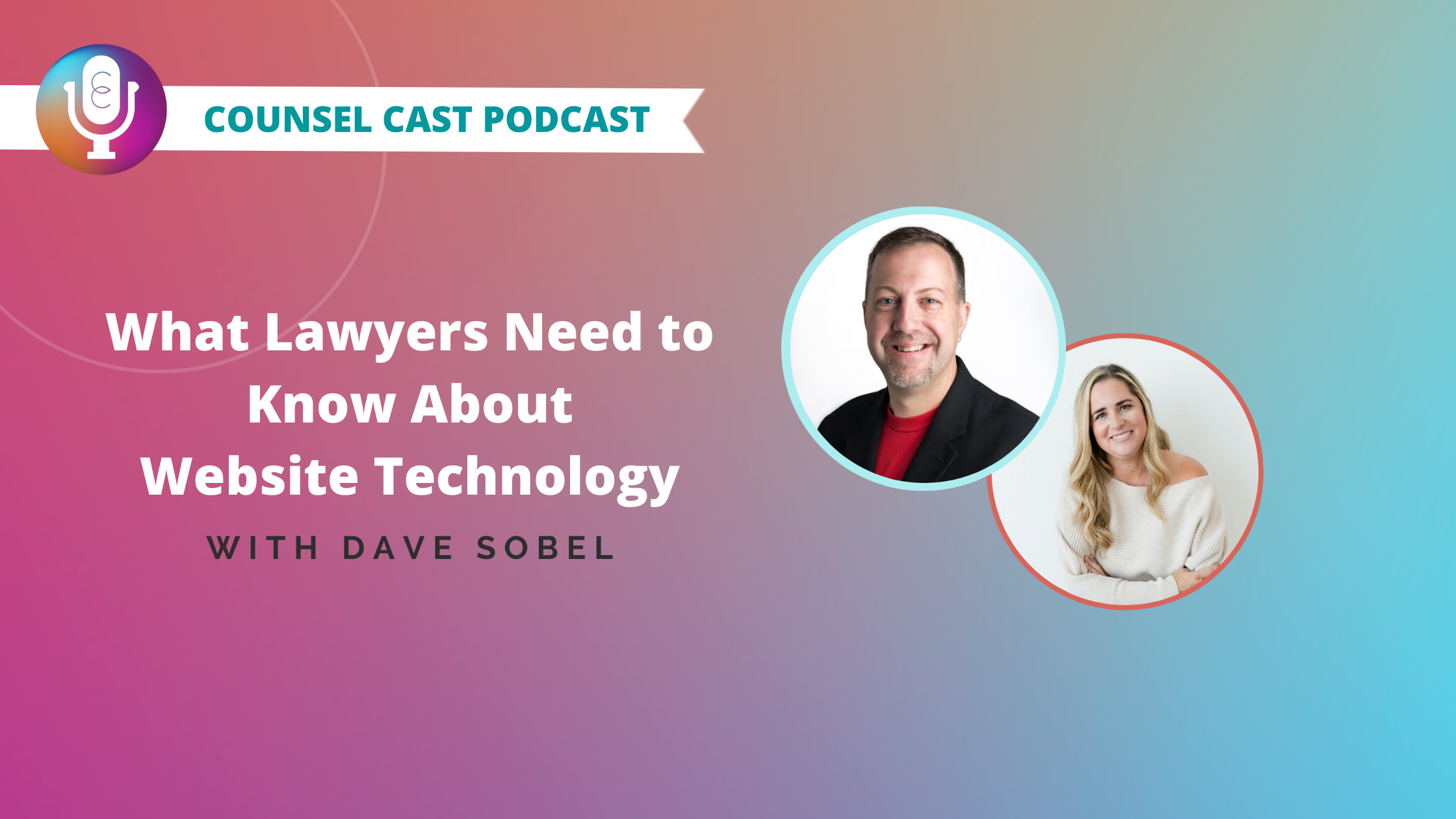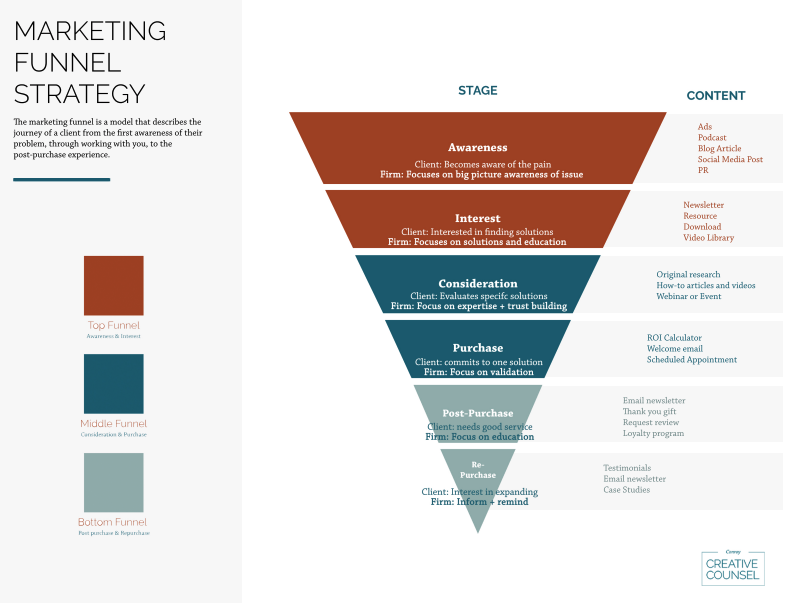Every law firm owner utilizing SEO wants their website to appear on the first page of search results. But how do you stand out to potential clients and encourage them to click through to your website?
Search engines like Google use data from your website to show in search results. Therefore, making simple changes to your title tags and meta descriptions can significantly increase your chances of standing out to potential clients.
If you’re ready to learn how to optimize your title tags and meta descriptions, you’ve come to the right place. This article will discuss what title tags and meta descriptions are, and how they should be written to help your website stand out in search results and encourage more clicks.
Title Tags
Second only to content, title tags are the most important factor for SEO. Title tags are how your page titles are conveyed to search engines. The tricky thing about title tags is that you must write to appeal to both search engines and people simultaneously.
Title tags are the first thing search engines, and people will see in search results which is why it’s crucial to put time and thought into your title tags. Making sure your title tag is optimized can mean the difference between a user clicking on your content or skipping to the next search result.
Another reason title tags are so important is that they show up on browser tabs and are often what people see if your page is shared on social media. A good title tag creates maximum visibility.
Optimal Length of Title Tags
Short titles are easier to read and for search engines to crawl. Also, if your title tag is too long, search engines will cut the title off with an ellipsis. Potential clients and search engines will get a better idea of your content if they can read the full title. Your title tag should be 60 characters or less.
Writing a Title Tag
Your title tag may be the same as your headline, but there are times when it is best to have a different title tag. If your page has a long title, using a shorter title tag looks better on the SERP (search engine results page), and it doesn’t take as long to read.
You should try to put your focus keywords close to the beginning of your title so that they can be seen quickly. Just remember, it’s important for the keyword to be placed organically.
Your title tag isn’t trying to sell your services. It’s trying to tell the user what your page is about. They represent your page, and it’s essential to ensure that people and search engines know that the content you provide is valuable and unique.
Meta Descriptions
A meta description is an HTML tag for a page or post on your website that explains what the page is about. It is shown under the page’s title when it appears in search results and is your opportunity to convince users that your page is what they are looking for.
Although search engines say there isn’t a direct SEO benefit from a meta description, there is an indirect benefit – Google uses the CTR (click-through rate) to determine if your website is a good result. That means that when more people click on your page, Google sees you as a good result and will move your page up in ranking.
Optimal Length of Meta Descriptions
While there isn’t necessarily a perfect length for a meta description, it’s best to keep it short. Most meta descriptions you will see in search results are between 120 to 156 characters long.
Writing a Meta Description
Think of a meta description as an invitation to visit your website. It’s essential to keep your user in mind as well as what their motivation is to visit your page. Don’t make it too dull or too complex to understand, and it should stand out from other pages. The user should know exactly what they will find on your page when they click on the link. Including a call-to-action (CTA) can also be used to encourage a user to click through to your website.
Be sure to use your focused keyword in your meta description. When the searched keyword is used in a meta description, Google is more likely to use it and highlight the keyword in the search results. When the user sees that their exact keyword is on your page, it makes your site even more inviting.
When writing your meta description, it’s important to remember that what you write matches the content on the page. If users click on your page and it isn’t the content you advertised, not only will it lower the user’s trust in your company, but it can also increase your bounce rate.
Conroy Creative Counsel Can Help You Stand Out From the Rest
Creating unique and easy-to-understand title tags and meta descriptions is one of the best ways to encourage people to click on your website in search results. When writing your title tags and meta descriptions, it’s important not to use the same title tag and meta description on each page. If you need help optimizing these elements to ensure that your website stands out above the rest, we can help.
At Conroy Creative Counsel, we want to help you design the best law firm website. We offer website designs, and guidance with digital marketing and help you utilize SEO, making you stand out from the rest. With our deep understanding of effective marketing strategies, we help you cultivate a loyal clientele.
Contact us today to elevate your reputation and expand your digital reach.











